Wildlife Poaching Surges Across The World As The COVID-19 Pandemic Rages On
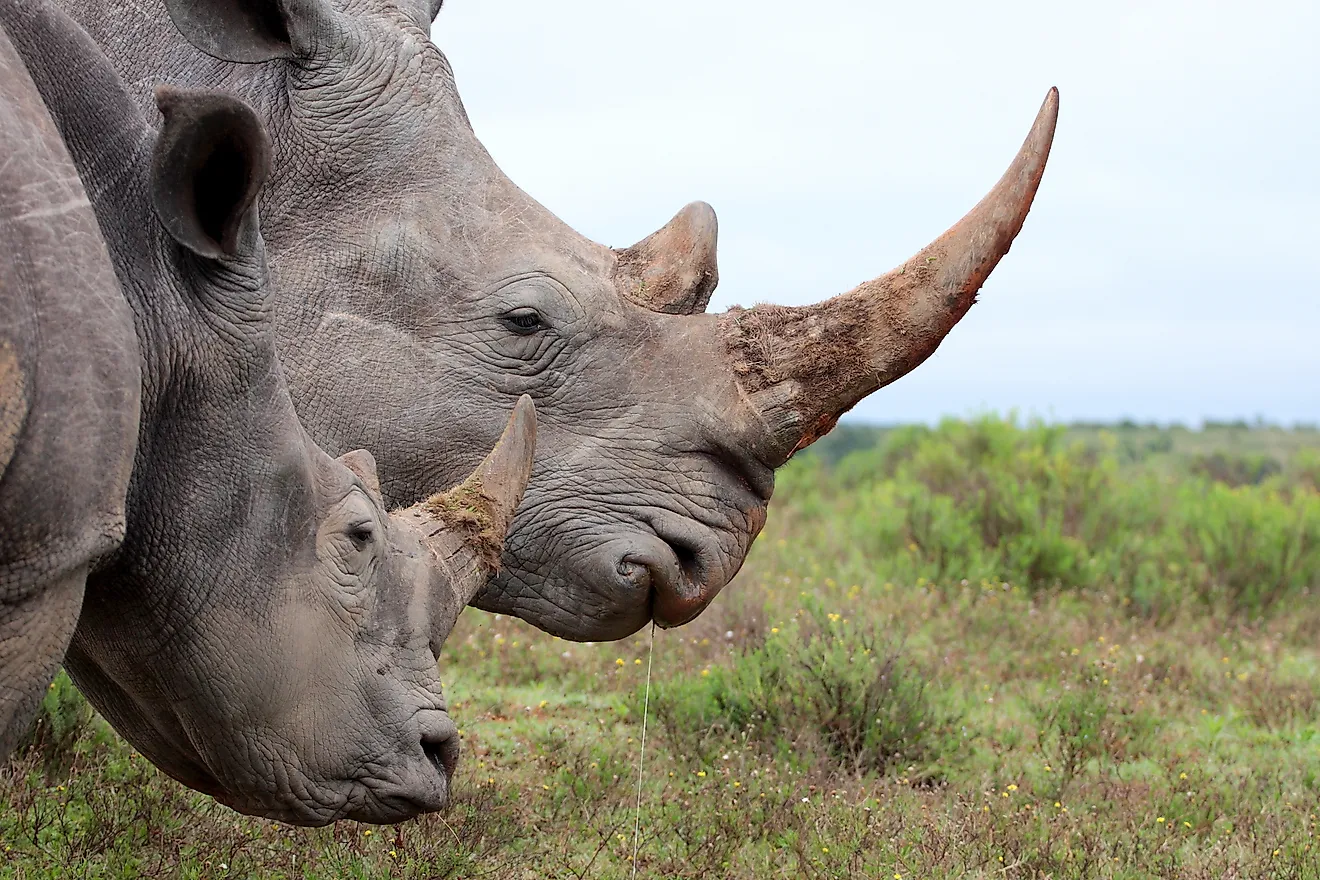
While stories of wildlife reclaiming their land lost to humans during the lockdown are making viral news on social media, opportunistic poachers are taking advantage of the troubled times to invade wild habitats to kill animals for profit. Yes, the picture is not as rosy as it seems, and wildlife in many parts of the world have been left highly vulnerable to poaching.
The past few weeks have witnessed a surge in poaching incidents in several countries. Botswana has reported an increase in rhino poaching, poachers in Nepal have claimed the lives of elephants and gharials, and Malaysia is striving hard to protect its severely threatened sun bears from falling prey to the China-influenced bear bile industry.
Tourist Hotspots In Africa Are Now A Favorite Haunt Of Poachers
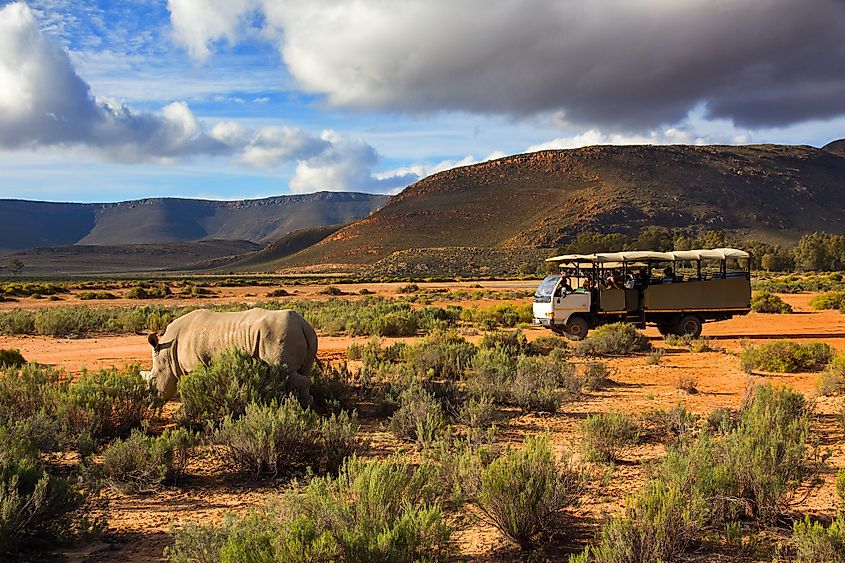
In Botswana, at least six rhinos have been poached since the country went into lockdown and violent encounters between poachers and wildlife protectors have been documented.
With 9,000 rhinos poached in Africa in the last decade, one would say that the news of poaching in the continent is nothing new. However, this time conservationists have a greater reason to worry.
With millions of Africans dependent on the $39 billion tourism industry in the continent for their daily bread, the absence of tourists during the COVID-19 lockdown has severely damaged this industry. Mass layoffs await. In a continent that is already stricken with poverty, loss of one of the primary income-generating industries spells great trouble. The wildlife conservation sector in the continent that is funded generously by the tourism business is expected to suffer. Fighting crimes against wildlife will become difficult without the inflow of sufficient funds to pay for staff and resources. Also, the absence of tourist vehicles loaded with ever-inquisitive tourists and their sharp-eyed guides would mean that there are fewer pairs of eyes to monitor the vast stretches of African wilderness giving poachers an upper hand over the numbered rangers to carry on with their illegal activities.
In Nepal, Poachers Take Advantage Of Lockdown
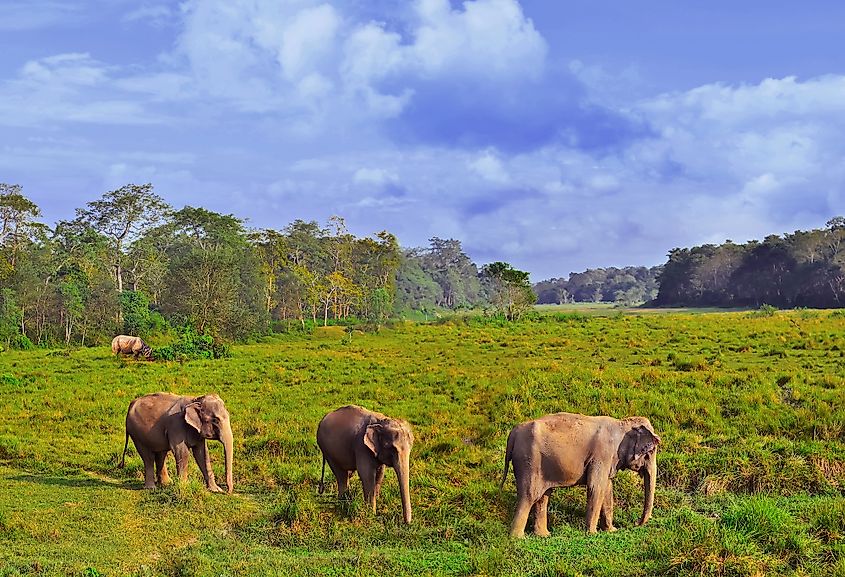
Nepal, a country in the Indian subcontinent, has witnessed a recent swell in poaching activities. According to official accounts, three gharials (a critically endangered species) and an elephant have been killed by poachers since March 24 when the country entered a period of lockdown to fight the COVID-19 pandemic. During this time, conflicts between wildlife rangers and poachers were also reported.
Bishnu Prasad Shrestha, the spokesperson for Nepal's Department of National Park and Wildlife Conservation (DNPWC) informed DPA that such a situation was expected and that patrolling has been increased to battle the heightened movement of poachers.
To know more about the poaching threats to Nepal's wildlife, World Atlas spoke to Kumar Paudel, lead researcher of a recently published study that investigates the reasons why poachers kill wildlife. He is also co-founder of Greenhood Nepal, a non-profit organization driven by science that concentrates on human dimensions of nature conservation. He is currently the director of the organization and also a graduate student in conservation leadership at the University of Cambridge.
"Poaching is one of the biggest threats to wildlife in Nepal," mentions Paudel. "It does not get detected and reported in many cases when it involves other than flagship species and if it's outside the protected area. The current situation is serious since there are already many reports of poaching including elephant, deer, wild boar, and crocodile killings," he says.
He also expresses his frustration at how people are taking the opportunity of the difficult times to indulge in poaching.
"I think this is happening mainly due to two reasons," he says.
"First, poaching is an opportunistic behavior rather a livelihood supplement in Nepal. People try to hold ownership whenever they get an opportunity. It rises when enforcement has other priorities to deal with. This has been proven many times in the past. For example, Nepal lost more than 200 rhinos and other wildlife to poachers during the Maoist insurgency from 1996 to 2006. Second, many people have returned to their villages from urban areas because of COVID-19 and might take up poaching as an easy source of income."
Malaysia Fears Rise In Sun Bear Poaching To Meet Bear Bile Demands
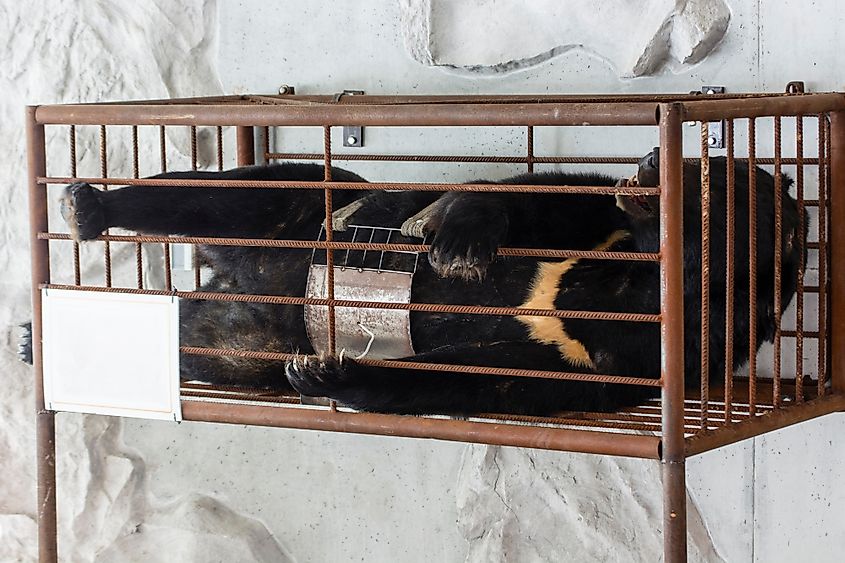
The use of bear bile in Chinese traditional medicine and the atrocious cruelties meted out to sun bears used in bear bile production has met with the harshest disapprovals from the rest of the world for decades. Now, there is a reason for greater alarm as China promotes bear bile for COVID-19 treatment.
Two environmental groups from Malaysia have expressed great concern regarding the protection of sun bears in their country. Spokespersons from Ecomy and Monitor Conservation Research Society have informed FMT News that they fear that the demand for bear bile as a traditional medical treatment for COVID-19 will fuel poaching of this threatened species in Malaysia. Already, poachers are in action in the Malaysian states of Sarawak and Sabah where they are hunting sun bears for the bile bear market. Although greater awareness had led to a decrease in bile bear demand in Malaysia in the recent past, the conservationists fear that China's influence might work on Malaysian traditional healers to promote bear bile as a treatment for the novel coronavirus infection. Such a situation would lead to an increased poaching of Malaysia's sun bears.
India On Alert To Combat Wildlife Poaching
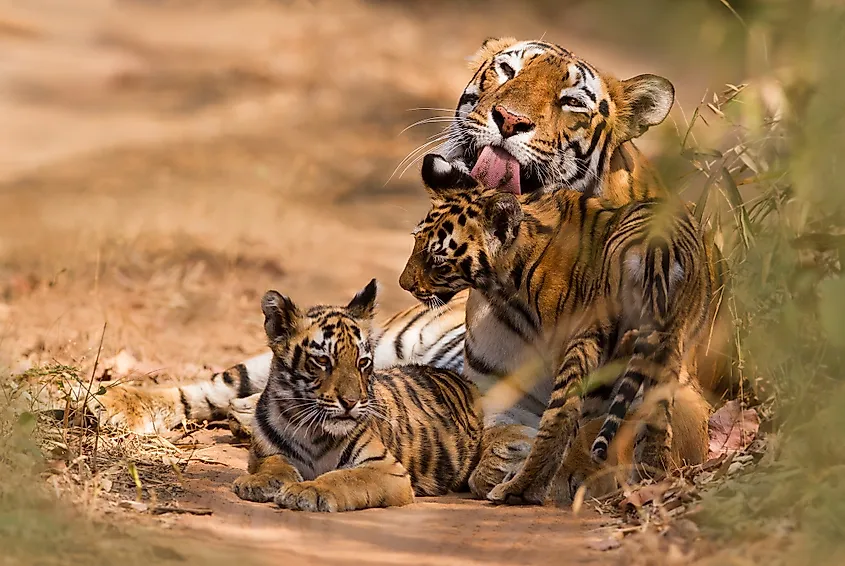
A country known for its successful conservation stories, Indian authorities are also preparing to tackle wildlife-related issues arising from the COVID-19 pandemic. The news of Bronx Zoo tigers getting infected with the novel coronavirus triggered the adoption of a series of measures to protect India's tiger population against the disease.
However, India's leading tiger conservation expert and wildlife scientist, Dr. Ullas Karanth, has warned that a spurt in wildlife poaching due to the restricted movement of people can pose a greater threat to the country's wild animals. Citing some recent incidents involving the sale of illegally procured deer meat, Dr. Karanth said that the movement constraints faced by forest officials could embolden poachers. Expressing concern, he mentioned that the potential resurgence in poaching will prove difficult to control given that other social pressures will come into play. Thus, he urges mass media and concerned authorities to focus on this important issue.











